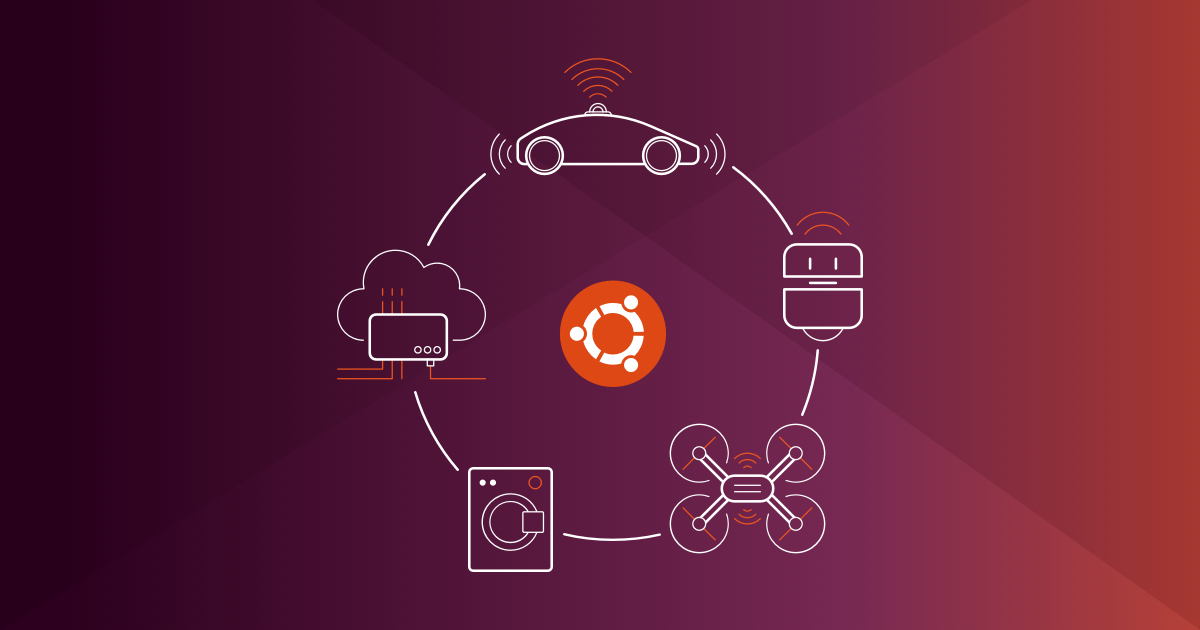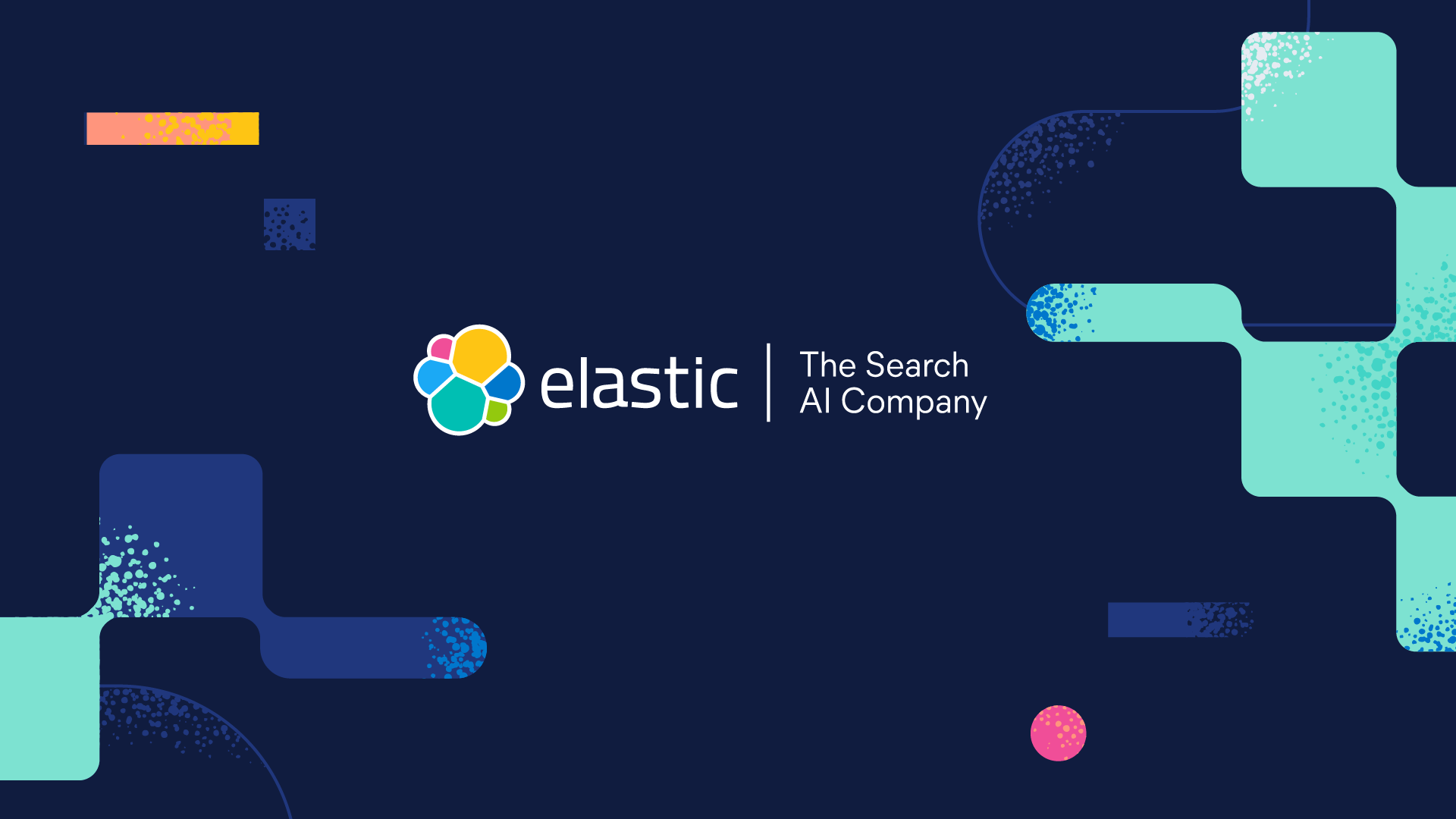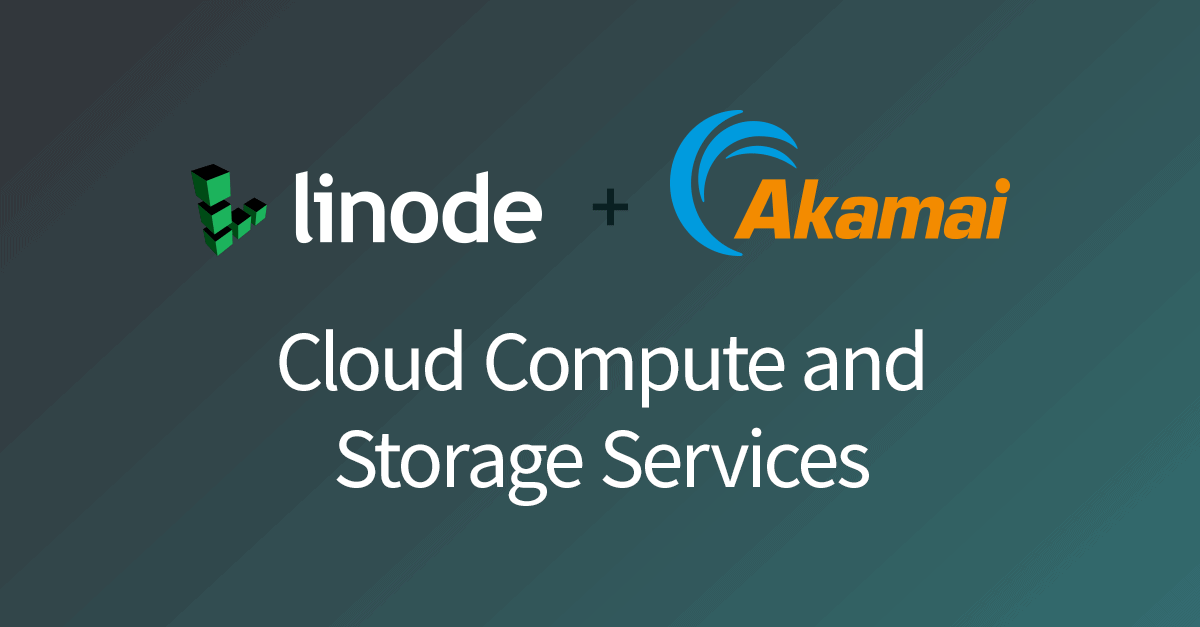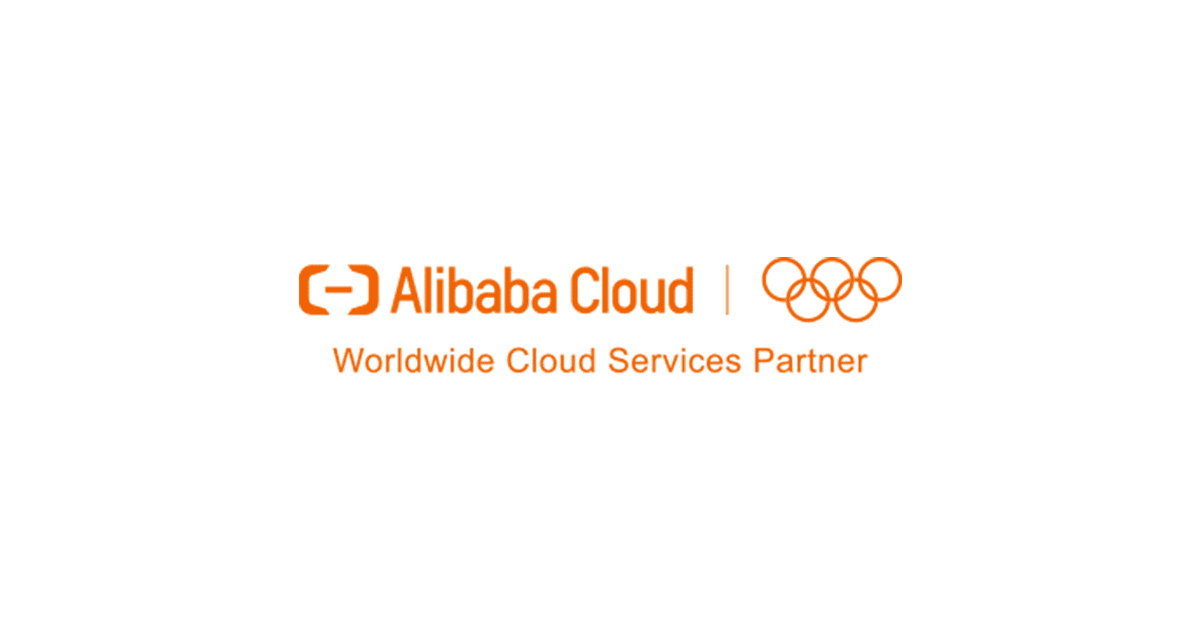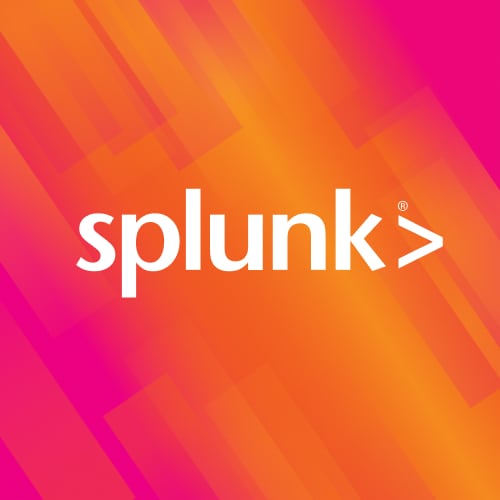Introduction
Choosing a cloud management platform is an important decision for organizations as it can impact operating costs, security, scalability and overall efficiency of IT operations. With a growing number of options available, it’s difficult to determine the right fit without thorough research and analysis. This blog post aims to simplify the selection process by evaluating some of the most widely used and trusted platforms based on standardized criteria.
Methods of Evaluation
The platforms were evaluated based on popularity indicators like number of customers, revenue, backlinks and traffic trends. Their capabilities in areas like multi-cloud support, compliance features, automation, cost optimization and more were also assessed. Other factors considered include customer reviews and ratings, industry credibility, pricing and support. Finally, additional metrics like number of backlinks pointing to their website and traffic trends over the last year on keywords were also used to determine their ranking and popularity.
1. Cloudflare
Cloudflare is a global cloud network and security provider that delivers a wide spectrum of products including CDN, WAF, DNS, DDoS protection and more through a SaaS-based solution. Founded in 2009, Cloudflare aims to build a better Internet through its global cloud platform.
Pros: Some key advantages of using Cloudflare include:
– Global cloud infrastructure for fast and reliable delivery of websites and applications.
– Integrated security and performance features like WAF, CDN, firewall, malicious traffic detection etc.
– Easy to setup and manage through a unified dashboard.
– Affordable pay-as-you-go pricing model.
Cons: One potential disadvantage of Cloudflare could be its reliance on third party services and lack of full control over the infrastructure compared to self-hosting solutions.
Pricing: Cloudflare offers three paid tiers – Pro, Business and Enterprise with various features. The basic Pro plan starts at $20/month and offers popular security and performance features. Business and Enterprise plans provide additional advanced functionality targeted towards larger enterprises and come with higher monthly pricing.
Some key stats about Cloudflare include:
– Over 30 million Internet properties are currently running on Cloudflare’s global network.
– Cloudflare handles up to 17.5% of all global web requests and 15% of traffic from mobile devices.
– Cloudflare protects against tens of billions of cyber threats each day across its global network.
2. IBM
IBM is a globally recognized technology company that has been innovating for over a century. Their cloud management platform, IBM Cloud, allows organizations to securely manage their hybrid cloud infrastructure across multiple public and private clouds. With IBM Cloud, businesses have a single pane of glass to deploy, manage, govern and monitor their entire hybrid multicloud environment.
Pros: Some of the main advantages of IBM Cloud include: being a leader in hybrid multicloud management with deep experience across on-premise, private and public clouds; strong focus on security, compliance and governance capabilities to help enterprises meet regulatory standards; and a wide range of technology partnerships to deliver customers maximum flexibility and choice.
Cons: One potential disadvantage is that IBM Cloud’s capabilities are more suited for large enterprises with complex multicloud environments, so may provide more features than needed for some smaller companies.
Pricing: IBM Cloud pricing varies based on usage and capabilities required. Common pricing models include: pay-as-you-go hourly rates for compute resources; monthly or annual subscriptions for platform capabilities like monitoring and management; and one-time professional services fees for implementation and support.
Some key stats about IBM Cloud’s cloud management capabilities include: support for managing resources across all major public clouds including AWS, Azure, GCP and IBM Cloud; compliance tools to help enterprises meet stringent regulatory requirements; and partnerships with over 180 technology providers to offer customers a wide choice of solutions.
3. Ubuntu
Ubuntu is an open source software platform that powers many of the world’s cloud workloads and is the preferred choice for Linux based developers and DevOps teams. As an OpenStack endorsed and Amazon EC2 validated Linux distribution, Ubuntu is the modern, hassle-free operating system for private, public and hybrid clouds.
Pros: Some key advantages of using Ubuntu as a cloud management platform include:
– Great developer experience with popular tools and packages preinstalled
– Wide community support for any issues faced
– Certified for all major public clouds out of the box
– Simple to deploy and manage at large scale in private/public clouds
– Canonical provides long term support for stability and security updates
Cons: The only key disadvantage is that it may not have as extensive proprietary tooling as other commercial options but the large and active community helps overcome this limitation.
Pricing: Ubuntu has a freemium pricing model – the OS itself is free to download and use. For production workloads, Canonical offers long term support packages starting at around $750/server for 5 years of security and maintenance updates.
Some key stats about Ubuntu include:
– Most widely deployed OpenStack cloud platform
– Over 35 million instances on AWS
– Over 100 million Azure VMs
– Supported by all major public cloud providers like AWS, Azure, GCP etc.
– Used by over 50% of the Fortune 500
4. VMware
VMware is a leading provider of multi-cloud services for enterprises. VMware Cloud on AWS allows organizations to run applications across AWS and VMware environments. This extends an organization’s existing VMware VCenter and vSphere investments to AWS to enable a consistent hybrid cloud experience.
Pros: Some key advantages of VMware Cloud on AWS include:
– Flexibility to run and move applications between on-premises VMware environments and AWS as needed
– Familiar tooling and operational experience for teams already using VMware
– Single control plane to manage both on-premises and AWS environments
– Built-in disaster recovery and high availability capabilities
Cons: The main disadvantage is that it requires existing investments in VMware technologies. Organizations solely using other cloud platforms may find alternatives more suitable.
Pricing: Pricing for VMware Cloud on AWS is based on usage and available via pay-as-you-go hourly rates. Additional costs apply for underlying AWS services used.
Some key stats about VMware Cloud on AWS include:
– Used by over 18,000 customers globally
– Supports over 100,000 workloads migrated to AWS
– Provides access to the full set of VMware tools and APIs within AWS.
5. DigitalOcean
DigitalOcean is a cloud infrastructure provider founded in 2012 in New York City. It provides virtual private servers (VPS) to developers and small businesses. DigitalOcean allows you to deploy and scale applications seamlessly on its platform.
Pros: Some key advantages of DigitalOcean include:
– Simple and intuitive interface that is great for developers and startups.
– Competitively priced entry level VPS or ‘droplets’ starting from $5/month.
– Extensive documentation and control panel that makes managing servers easy.
– Commitment to providing quick and straightforward support.
Cons: A potential disadvantage is that it lacks some advanced features available in competing platforms aimed at larger enterprises.
Pricing: DigitalOcean offers a range of VPS or droplets starting from $5/month for a $5 Standard Droplet with 1 CPU, 1GB RAM, 25GB SSD. It also offers add-ons like managed databases, load balancers etc.
Some key stats about DigitalOcean include:
– Serves over 500,000 customers globally.
– Has data centers in 11 regions across 5 continents.
– Hosts over 2 million domains on its platform.
6. Cloudinary
Cloudinary is a leading image and video management platform for businesses. Founded in 2012, Cloudinary aims to streamline media management and delivery across websites and apps. With offices globally, Cloudinary powers digital experiences for over 10,000 customers including Adidas, Udemy, Urban Outfitters, and Vimeo.
Pros: Some key advantages of Cloudinary include:
– Leading image and video cloud service with advanced features for image and video upload, storage, management, and delivery.
– Can handle all media needs at large scale with no limits on storage, bandwidth or transformations.
– Seamlessly integrates with major platforms and CMS like Shopify, Magento, Django, and React for superior digital experiences.
Cons: One potential disadvantage is that the paid Cloudinary plans can be expensive for very large caches or monthly data transfers. However, many basic use cases are supported within the free tier.
Pricing: Cloudinary offers both free and paid plans. The free Basic plan supports most common use cases. Paid Pro and Business plans provide more advanced features and higher data limits starting at $49/month.
Some key stats about Cloudinary include:
– Processes over 10 billion image and video transformations daily
– Serves over 15 trillion image and video requests monthly
– Integrated with over 70 platforms including Shopify, Magento, WordPress, and Drupal
7. Elastic
Elastic is a search and analytics company known for Elasticsearch and the Elastic Stack. Elasticsearch is a distributed, RESTful search and analytics engine capable of solving a growing number of use cases. From fulltext search, spatial search and auto-completion to behavioral analytics, network monitoring and visualizations.
Pros: Some key advantages of Elasticsearch and the Elastic Stack include: unified stack for search, metrics/APM and logging needs, easy to use REST APIs, simple to configure and operate at scale, fantastic support for fulltext and transactional search use cases, and integrations with programming languages and frameworks.
Cons: Potential disadvantages could include: more complex to operationalize at very large scale than other open source or proprietary options, learning curve to understand distributed aspects, and not as feature-rich as some commercial alternatives.
Pricing: Elasticsearch and the Elastic Stack are open source and can be used for free for various use cases. Commercial subscription options available for features like upgraded support levels, security, performance analytics and more. Pricing depends on data volume, number of nodes and features needed.
Some key stats about Elasticsearch and the Elastic Stack include: it supports petabytes of data across thousands of nodes, is horizontally scalable and fault tolerant, supports multiple languages and encodings, and has schema-less JSON documents and rich query language.
8. Twilio
Twilio is a leading cloud communications platform that allows developers to build SMS, voice, video and messaging applications on top of their APIs. Founded in 2008, Twilio has grown to serve over 225,000 customers and power communications for companies of all sizes.
Pros: Some key advantages of using Twilio include:
– Leading cloud comms platform with massive scale and reliability
– Huge library of pre-built components to integrate communications into any app or workflow easily
– Extensive API coverage allowing developers to build SMS, voice, video and messaging capabilities into their solutions
– Flexible pricing model with pay-as-you-go options and no long term commitments
Cons: One potential disadvantage is that as a purely cloud-based platform, developers have no option for self-hosting or owning their own infrastructure.
Pricing: Twilio pricing starts with pay as you go rates for common communications such as SMS, voice and video pricing priced per message/minute. There are also flexible subscription plans available for larger volume usage with monthly commitments.
Some key stats about Twilio include:
– Processes over 3 trillion communications per year
– Supports over 85 communication channels including SMS, WhatsApp, Line and more
– Serves over 225,000 active customer accounts
– Employs over 6,300+ employees globally
9. MongoDB
MongoDB is a document database platform developed by MongoDB, Inc. It offers a general purpose, document-oriented database used for high volume data storage, especially in web and mobile applications. MongoDB works on schemaless documents which makes it very flexible for evolving datasets.
Pros: Some key advantages of MongoDB include:
– Flexible document model that supports embedding of related data for fast lookups.
– Database as a service options make it easy to deploy and manage at scale.
– Features like transactions, replicasets and sharding provide resilience and scalability for large datasets.
Cons: The main disadvantage is the lack of native ACID compliance which can be an issue for strict transactional systems that require atomicity and consistency.
Pricing: MongoDB offers both open source and commercial licensing options. The commercial MongoDB Atlas database as a service offering has plans starting from free till $0.25 per GB per month (for the basic M0 tier).
Some key stats about MongoDB:
– Used by over 100,000 organizations globally including brands like Adidas, eBay and Starbucks.
– Supports multi-document ACID transactions, distributed clusters and automatic scaling of data across servers.
– Offers a hosted database as a service on all major public clouds like AWS, GCP and Azure.
10. Linode
Linode is a leading cloud infrastructure provider founded in 2003. It offers simple and affordable Linux virtual private servers (VPS) and virtual machine instances. With data centers located across various regions worldwide, Linode aims to provide developers and businesses an alternative to AWS and other large cloud providers.
Pros: Some of the key advantages of Linode include: Simple and affordable VPS hosting plans starting from just $5/month, Good developer experience with an intuitive control panel and API, Platform agnostic so it works for all applications and frameworks, Competitively priced entry level plans compared to other providers.
Cons: The main disadvantage is that it lacks some of the advanced services offered by larger cloud platforms like AWS such as serverless computing, analytics services, AI/ML services etc. so may not be suitable for very large or complex deployments.
Pricing: Linode offers flexible monthly billing plans starting from $5/month for the Nanode up to $200/month for the highest tier plan known as the High Memory plan. It also offers hourly billing options for some plans. All plans include generous resources like CPU, RAM, SSD storage and data transfer without additional costs.
Some key stats about Linode include: Over 300,000 active deployments, Supports over 12,000 applications, Handles over 4 billion requests per day, 15 data center locations globally.
11. Rackspace
Rackspace is a pioneer in the world of managed cloud services. Founded in 1998, Rackspace has been helping customers adopt and operate new technologies in the cloud for over 20 years. As one of the original cloud computing companies, Rackspace has unmatched experience in managing applications, data, and security on behalf of its customers across all major public clouds like AWS, Azure, Google Cloud, and more.
Pros: Some of the key advantages of choosing Rackspace as your managed cloud services provider include:
– Leader in managed services and expertise based on 20+ years of experience
– Platform agnostic approach works seamlessly across all major public clouds
– Dedicated cloud operations team to manage infrastructure and applications
– Flexible solution tailored to your specific needs and workloads
Cons: As a managed services provider, Rackspace customers do not have direct access to manage the underlying cloud infrastructure themselves. This loss of control could be seen as a disadvantage by some customers who prefer a more hands-on approach to cloud management.
Pricing: Rackspace pricing is customized for each individual customer based on the services and solutions needed. In general, pricing is structured as recurring monthly fees based on parameters like data storage amounts, compute resources usage, professional services costs, and supported workload sizes.
Some key stats about Rackspace include:
– Over 5,000 cloud experts
– Supports customers in 150+ countries
– Manages more than $7B in annualized revenue
– Supports all major clouds like AWS, Microsoft Azure, Google Cloud, VMware, Oracle Cloud, Alibaba Cloud and more
12. Alibaba
Alibaba Cloud is the cloud computing arm of Alibaba Group, a Chinese multinational technology conglomerate. Founded in 2009, Alibaba Cloud aims to provide scalable, secure and reliable cloud computing services to customers worldwide.
Pros: Some key advantages of using Alibaba Cloud include:
– Strong presence and market leadership in APAC region particularly in China.
– Very competitively priced cloud services compared to other major providers.
– Industry leader in serverless computing with offerings like Function Compute.
Cons: The main disadvantage is its smaller global market share compared to AWS and Microsoft Azure outside of Asia. Enterprise customers with a global footprint may prefer larger multi-regional providers.
Pricing: Alibaba Cloud offers pricing plans that are designed to be flexible and cost-effective. Pricing is calculated mainly on pay-as-you-go hourly or monthly basis depending on the resources consumed.
Some key stats about Alibaba Cloud:
– One of the largest cloud providers in the world and the largest in Asia.
– Has over 1 million paying customers globally.
– Serves customers in over 200 countries/regions.
– Operates over 100 availability zones with 40 regions globally.
13. Splunk
Splunk is a cloud monitoring and management platform that allows enterprises to collect, analyze and act on data across their IT infrastructure. Founded in 2003, Splunk currently has over 15,000 customers worldwide including leading companies like Merill Lynch, Facebook and Marriott.
Pros: Some key advantages of Splunk include:
– It is expert in logging and metrics data collection, allowing businesses to correlate data from all their IT systems.
– Splunk can aggregate massive amounts of machine data at scale from clients worldwide.
– The platform provides powerful search, visualization and alerting capabilities on collected data through a simple user interface.
Cons: The only major disadvantage of Splunk is that it can be expensive for really large enterprises that need to monitor petabytes worth of data daily due to its license fees which are based on data volume.
Pricing: Splunk offers various pricing plans based on data ingestion volume with 30-day free trials available. Pricing starts from around $300/month for up to 500 MB of data/day and goes up to $150,000/month for ingesting over 10 TB of data daily.
Some key stats about Splunk:
– Splunk collects and indexes over 2.5 trillion events per day for its customers.
– It monitors approximately 44 million servers daily across public and private clouds.
– The platform has over 10,000 add-ons that extend its data collection and analysis capabilities.
14. SendGrid
SendGrid is a leading email delivery platform for transactional and marketing emails. Founded in 2009, SendGrid now powers email delivery for thousands of customers. Their platform handles over 30 billion emails monthly.
Pros: Some key advantages of SendGrid include:
– Reliable delivery at scale for transactional and marketing emails
– Comprehensive email APIs and libraries for many programming languages
– Insights and analytics for email campaigns and delivery performance
– Tools for managing email lists, segments and profiles
Cons: One potential disadvantage is that SendGrid lacks some advanced marketing automation features found in platforms like Mailchimp. It is primarily focused on reliable transactional delivery rather than complex marketing workflows.
Pricing: SendGrid offers monthly pricing plans ranging from free to Enterprise plans. The free plan allows up to 40,000 emails per month. Paid plans start at $29/month for up to 100,000 emails and include additional features like subuser accounts, custom analytics etc. Enterprise pricing is available for larger volumes.
Some key stats about SendGrid include:
– Processes over 30 billion emails per month
– Over 100,000 customers worldwide
– Integrations with hundreds of apps like Shopify, WordPress, Slack etc.
– 99.999% uptime SLA
Email Delivery, API, Marketing Service | SendGridsendgrid.com
15. NetApp
NetApp is a leader in data management and storage solutions. Founded in 1992 and headquartered in Sunnyvale, California, NetApp helps organizations around the world turn their data into insight. NetApp provides file, block and object storage services, as well as data fabric across on-prem and multi-cloud environments.
Pros: Some key advantages of NetApp’s solutions include:
– Leader in data services and storage for over 30 years
– Unified file, block and object storage services to support modern workloads
– Flexible data fabric that spans on-premises infrastructure and major public clouds for seamless hybrid/multi-cloud mobility
Cons: One potential disadvantage is that NetApp solutions may be complex to deploy and manage for smaller organizations without dedicated storage administrators. Expertise and services are required for full capabilities.
Pricing: NetApp offers flexible subscription and consumption-based pricing models. Pricing varies based on chosen infrastructure, services, support levels and terms of the agreement. Potential customers should request a custom quote from a NetApp representative.
Some key stats and facts about NetApp include:
– Over 85,000 customers globally
– Supports over 100 public clouds including AWS, Azure, Google Cloud, IBM Cloud, Oracle Cloud and more
– Over 30 years of innovation and technology leadership in data services
Conclusion
While every organization has unique requirements, this comprehensive evaluation of the top 15 popular platforms provides a good starting point to shortlist options for your specific needs. The rankings may change over time as the industry evolves but this analysis offers transparency on evaluation criteria and insights on capabilities of leading providers. I hope this helps you make an informed choice for your cloud management needs in 2023 and beyond.





